23, September 2022
Buhari, in last UN speech, slams Biya, others who cling to power 0
Nigeria’s President Muhammadu Buhari on Wednesday criticized fellow leaders who extend term limits to cling to power, saying this was having a “corrosive” effect, and promised free and fair elections when the country elects his successor in February.
Some of Buhari’s African counterparts are among the longest-serving leaders in the world. President Paul Biya of neighboring Cameroon has held onto power for nearly four decades, ranking behind Equatorial Guinea’s Teodoro Obiang who has ruled the small Central African country for 43 years.
Buhari, 79, who took office after defeating a sitting president in elections in 2015, will make way for a new leader in what would be another peaceful transfer of power, helping cement Nigeria’s democratic credentials in a region prone to coups.
Nigeria ended decades of military rule in 1999.
Speaking at his last United Nations General Assembly, Buhari said Africa’s most populous nation had invested heavily to ensure free and fair elections.
“We believe in the sanctity of constitutional term limits and we have steadfastly adhered to it in Nigeria. We have seen the corrosive impact on values when leaders elsewhere seek to change the rules to stay on in power,” said Buhari.
“As President, I have set the goal that one of the enduring legacies I would like to leave is to entrench a process of free, fair and transparent, and credible elections through which Nigerians elect leaders of their choice.”
Official election campaigning starts next week .
Source: CNN
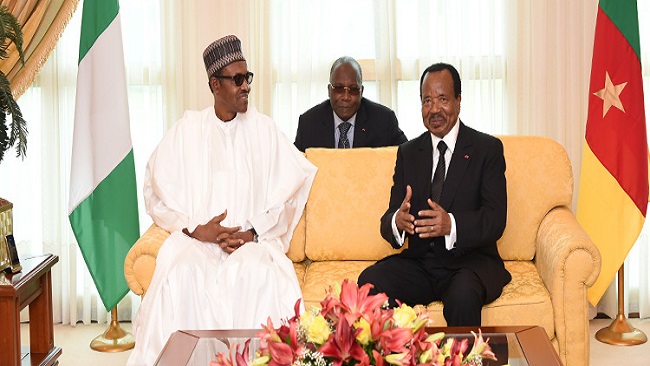

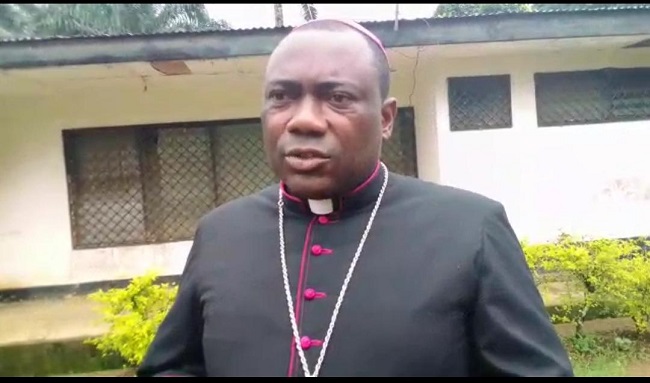


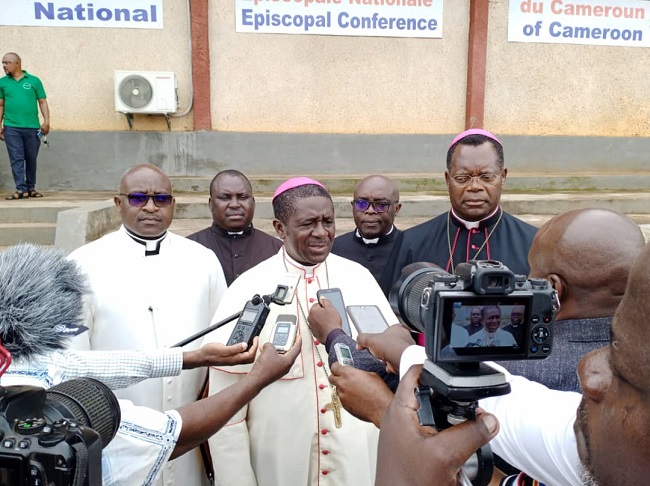


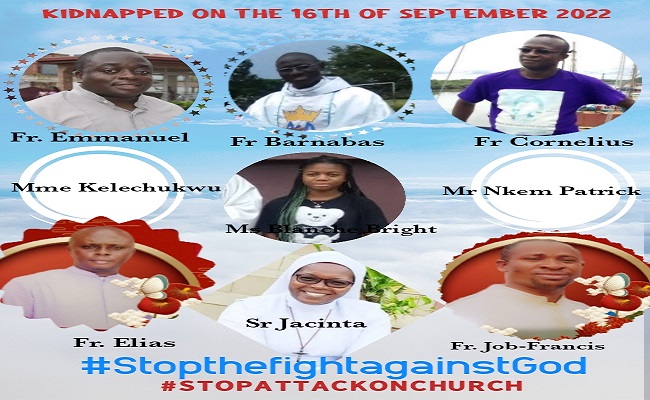













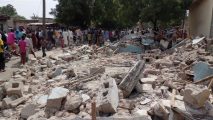



23, September 2022
Plastic Pollution: Cameroon’s next daunting challenge! 0
Cameroon is a country known for its multiple challenges and the government’s inability to overcome some of these daunting challenges which have been left unattended for years.
Besides the usual economic challenges which have resulted in massive unemployment and tough financial challenges across the nation, the country has been struggling with an insurgency in its two English-speaking regions and this unfortunate situation is spreading, living in its wake a trail of death and environmental destruction.
Plastic is not inherently bad. It is a man-made product which brings many benefits to society in terms of packaging and job creation. It is bound to be a long-term problem given that plastic is not bio-degradable and the current linear economic model of “take-make-waste” which is the root cause of plastic pollution is not helping matters.
In Cameroon, it is a normal thing to see plastic waste is strewn all over the country. The country’s streets are dirty, and most water ways and gutters have been clogged with plastic waste. The most disheartening thing is that there is no effort or government policy to check the spread of these devastating plastic products which are not only destroying the physical environment, but are also killing many marine and domestic animals.
The issue with plastic starts with the way it is produced. The problems it creates gets compounded by the way products and packaging are designed, coupled with how plastic items are managed after use, making the management of plastics highly unsustainable and damaging to both human health and nature.
This problem is indeed far-reaching. Discarded plastic items found in nature fragment over time into smaller and smaller pieces known as micro-plastics. Micro-plastics are found in the food we eat, the water we drink and the air we breathe.
Animals, including livestock, can also confuse micro-plastics for food, which often leads to fatalities. Also, marine life often gets entangled in single-use plastic bags, ropes or discarded fishing nets. Plastic pollution thus poses a threat to the country’s blue economy, affecting ocean-based economic activities such as tourism, fishing and maritime trade.
Cameroon is well known for its beautiful sunset, pristine land- and seascapes and impressive wildlife. But not too far from these idyllic nature-based tourist destinations are densely populated African cities such as Douala, Limbe, Kumba, Yaounde, Bamenda, etc. Most of the country’s rural areas and growing towns, rivers and coastlines are gradually becoming heavily polluted with discarded plastic packaging and other plastic waste.
In Cameroon, plastic items are thrown away after use and this clearly serves as an indicator of poor plastic management. Plastic leakage into the environment is incontestably a symptom of failure regarding the management of the plastic lifecycle.
From raw material extraction to polymer production and product design, to consumption and waste collection, to the management of plastic after use, there is no government policy which underscores the proper disposal of these plastic wasters which spell death to many marine animals.
The true lifetime cost of plastic pollution is not fully known. These costs include greenhouse gas emissions, human and ecosystem health impacts, as well as unmanaged plastic waste. The government and key policy actors need to think systemically across the full lifecycle of plastic products.
They must seek to preserve the country’s iconic landscapes, seascapes, and cities from devastating plastic pollution. The government needs to improve the integration and management of plastic waste into its national policy instruments if it really wants to eradicate plastic pollution and accelerate a shift towards a circular plastics economy in the country.
By Alain Agbor Ebot, Cameroon Concord News’ Senior reporter